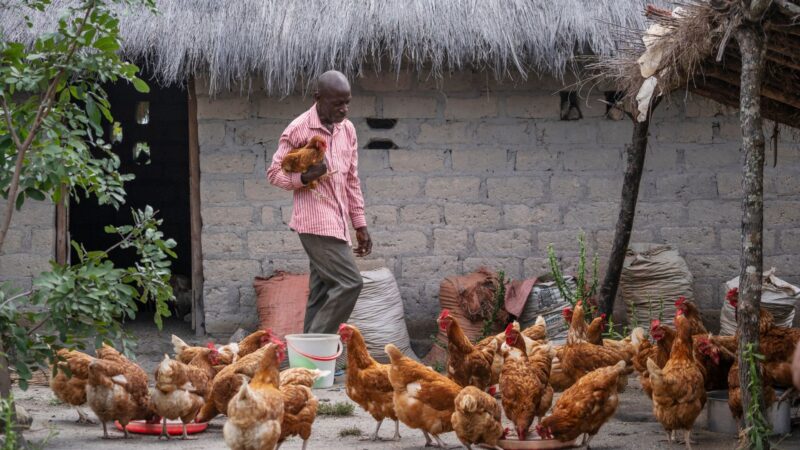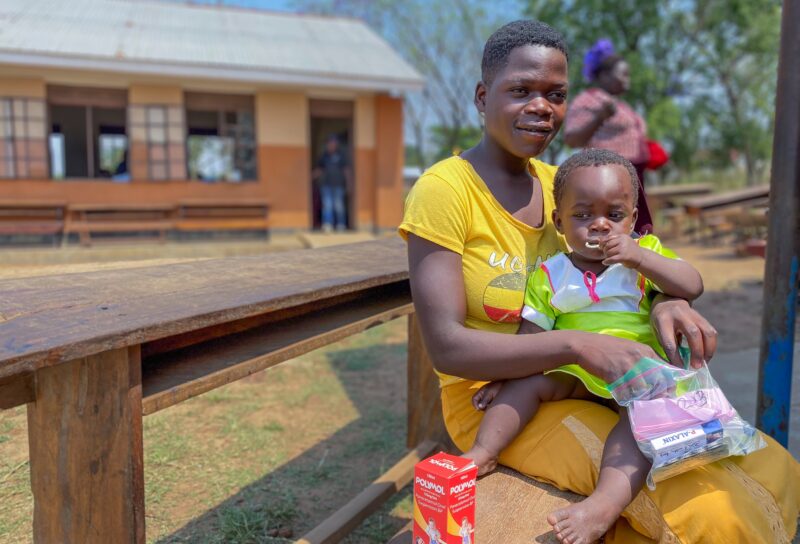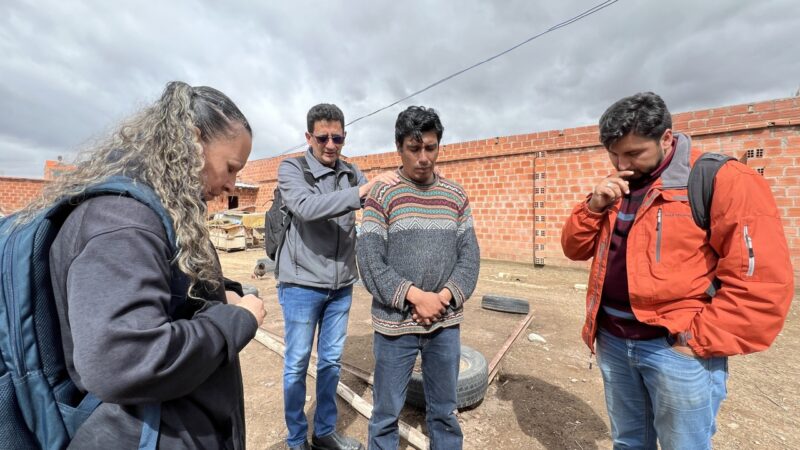Zambia is grappling with a severe drought that has devastated crops and created a critical shortage of animal feed. Of the 80 areas that typically grow soy, 50 have failed, and experts predict Zambia will run out by December. This shortage has driven up feed prices, leaving farmers like Charles, who owns 800 chickens, struggling to feed their animals.
In response, the government has been providing meals for families, but supplies are becoming harder to find, and it’s uncertain whether this will continue. Many farmers are forced to sell or even give up their animals because they cannot afford or find food.
To adapt, the Mabo Kunda community is shifting its focus from traditional farming to raising goats. Goats, which can thrive on grass and leaves, offer a more sustainable option, given the limited animal feed available. This pivot to grass-fed meat production provides a glimmer of hope as the crisis deepens.
However, Zambia faces additional hurdles. A severe fuel shortage is disrupting essential services, including local butchery operations. With no fuel available, businesses are struggling to operate, and the butchery has already run out. While a solar power system has been ordered to replace the fuel dependency, it will take time to arrive.
The Drought’s Broader Impact
The economic impact of the drought extends beyond crops. Maize prices have spiked, making it harder for families to afford food. Combined with the ongoing fuel shortage, the country’s ability to produce food and support livelihoods is under significant strain.
Zambia is facing its worst drought in decades. The 2023/2024 farming season saw a 53.6% decline in maize production—the lowest yield in five years. This crop failure has led to skyrocketing food prices, making it even harder for impoverished households to access essential staples.
The drought has also significantly reduced hydropower generation from Lake Kariba, leading to daily electricity shortages of up to 12 hours. This power disruption is affecting daily life, business activities and burdening the already struggling population.
Because of Bright Hope’s sustainable programs, however, many families who participate in our programs have been less affected. Our focus on resilience and self-sufficiency, including diversified crops and livestock programs, has helped cushion the blow for families in our network. We praise God for His protection and for the support of our church partners, who continue to assist those in need.
Please Pray!
- Provision and Relief: Pray for God’s provision for families struggling to feed their loved ones and meet basic needs amidst rising food prices and limited resources.
- Wisdom for Leaders: Ask God to grant wisdom and guidance to government leaders as they navigate this challenging period, helping them make decisions that alleviate suffering and support recovery.
- Strength for Church Partners: Pray for strength, encouragement, and hope for our church partners in Zambia, working tirelessly to support their communities through these trying times.
Your prayers and support are vital as we stand with our Zambian brothers and sisters. Together, we can make a meaningful difference by bringing hope and relief. Our assistance can offer hope to those enduring the devastating effects of this drought.





